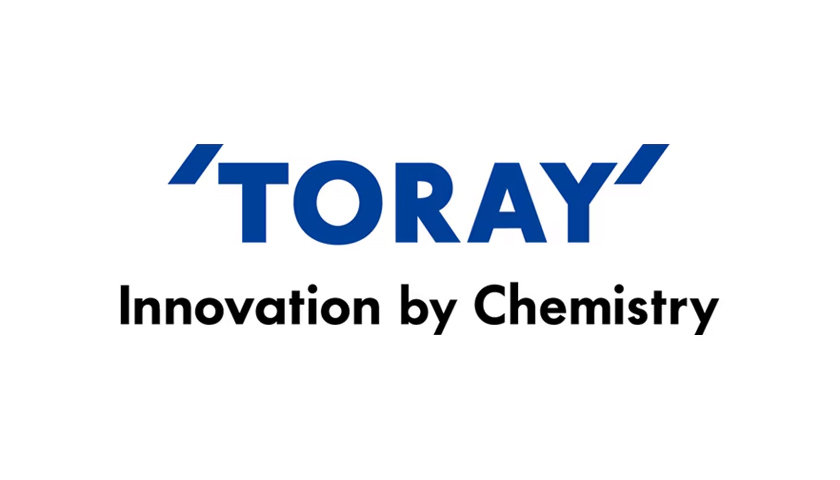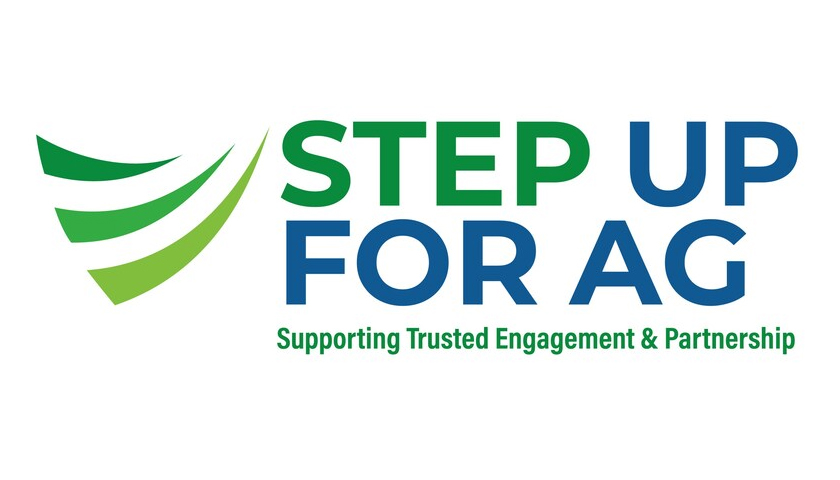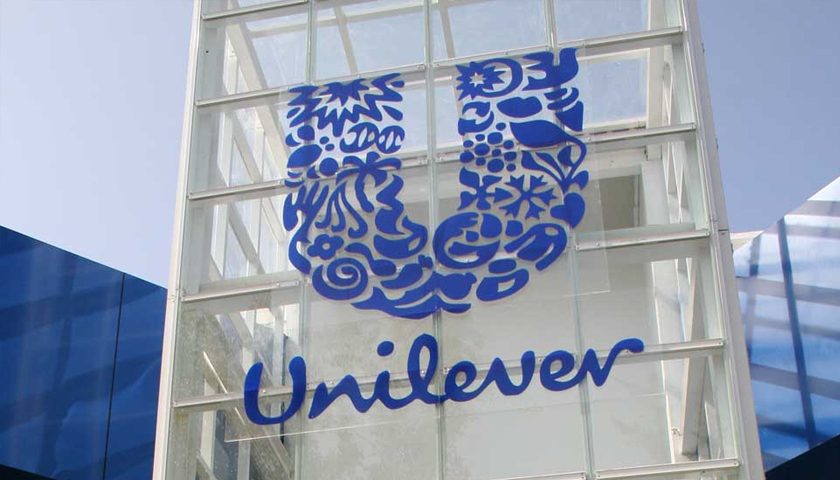Unilever today called for the consumer goods industry to step-up its efforts to tackle the mounting challenge of ocean plastic waste and create a circular economy for plastics.
- For companies to invest in innovation towards new delivery models that promote reuse.
- For more companies to commit to 100% reusable, recyclable or compostable packaging by 2025 and set stretching targets for using post-consumer recycled content.
- For a Global Plastics Protocol setting common agreed definitions and industry standards on what materials are put into the marketplace, to ensure our packaging is compatible with existing and cost-effective recycling infrastructures.
- For companies to engage positively in policy discussions with governments on the need for improvements to waste management infrastructure, including the implementation of Extended Producer Responsibility schemes.
Polman added: “Addressing the issue of ocean plastic is a shared responsibility – all stakeholders in the value chain must work together in partnership to find effective solutions. However, there is no doubt that the response from the consumer goods industry will be amongst the most critical in determining the speed at which positive change takes place. We are at a critical juncture.”Unilever has made good progress on reducing its waste footprint. Since 2010, the waste associated with the disposal of its products has decreased by 28% and the weight of its packaging has reduced by 15%. The company also stopped sending non-hazardous waste to landfill from its manufacturing sites in 2015.Alongside its commitment to 100% reusable, recyclable or compostable plastic packaging by 2025, Unilever pledged to source 25% of its resin from post-consumer recycled content by 2025, and to publish its full plastics palette before 2020.In 2017, the company announced it was making good progress on identifying a technical solution to recycling multi-layered sachets through its Creasolv technology, for which a pilot plant in Indonesia is currently being built to assess its commercial viability. They intend to make this technology open source and would hope to scale it with industry partners, so others – including their competitors – can use it.
Links
https://www.unilever.comhttps://newplasticseconomy.org/newshttps://www.ellenmacarthurfoundation.org/



